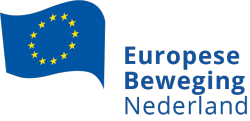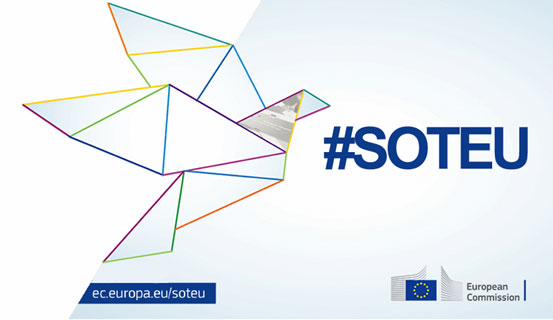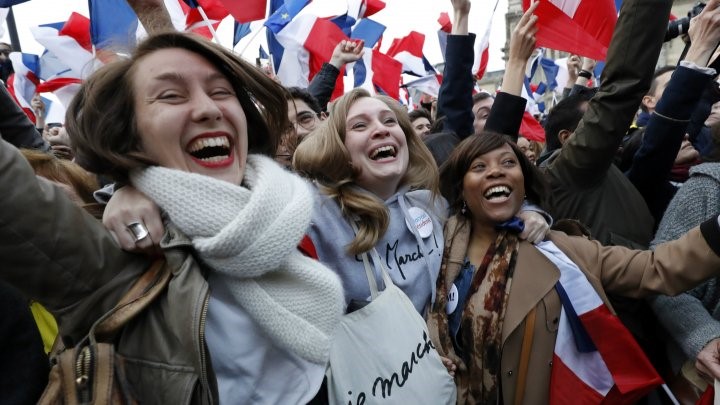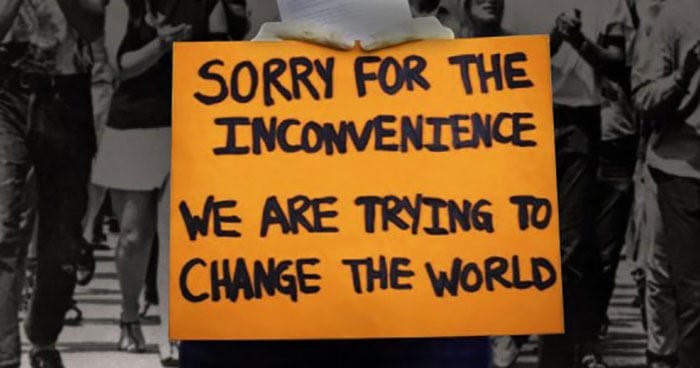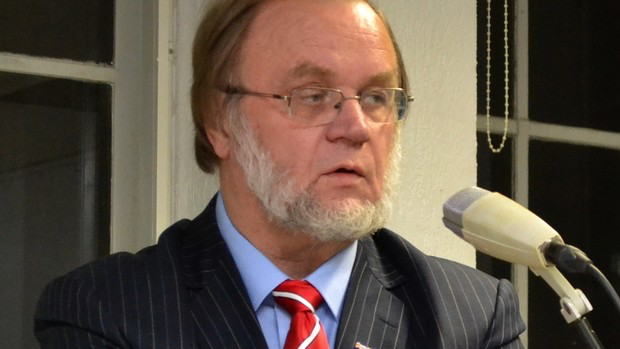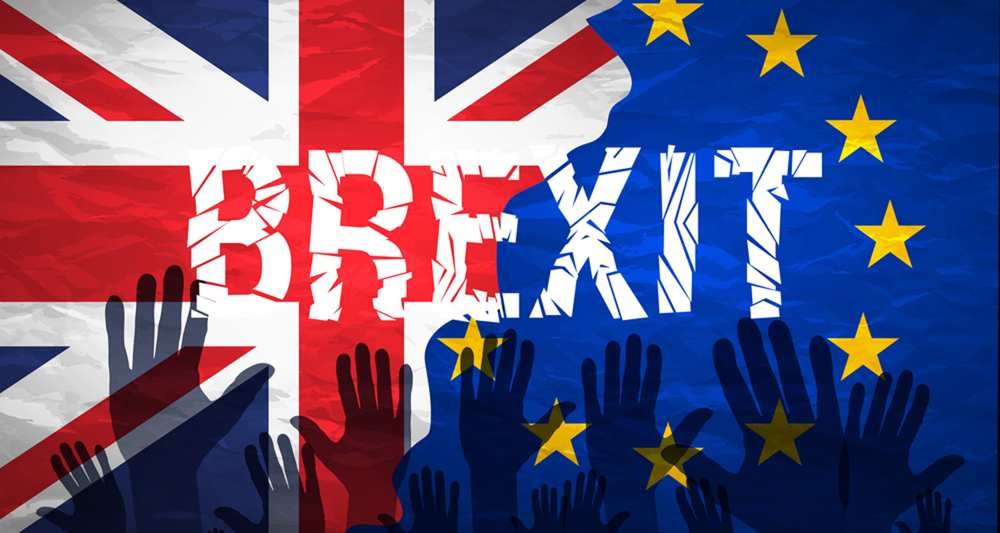
To anybody who sees Germany as a motor of the European Union, German elections are European politics. The results of the German Bundestag elections on Sunday evening were awaited with great interest around the continent.
The outcome may still have come as a shock to some reasonable German middle-class thinkers, but reflected clearly what has been happening in many other European countries for a long time already. As expected, both the Grosse Koalition partners suffered losses (CDU / CSU lost 8% and stayed at 32%, the SPD tumbled to 20% of the vote). Smaller parties like the Liberal Democrats, the Greens and die Linke all won. And the radical right Alternative f. Deutschland (AfD) made its entry into the Bundesdag as third party of the country.
To many Europeans from elsewhere: no real surprise. Like elsewhere, the political center in Germany has now also been shaken by a cocktail of fundamentl criticism and popular discomfort, which has economic, identity political and cultural roots. Demonizing does not help, moaning and groaning does not help. And ignoring these developments is not helpful either, and may in fact be dangerous. Deeper thinking is what is now urgently required, and we should do this as Europeans together.
Of course, the interpretation machine immediately started running full-speed. The AFD took voters away from the whole political spectrum, thus defying simplistic “left-right” explanations. The AFD attracted more voters in former East Germany than in West Germany, becoming the second largest party in the East. This reflects the unfinished agendas in the German reunification, which echo a range of wider disappointments which increasingly also manifest themselves in other parts of Eastern Europe. However, even in the former West Germany, 11% of people cast an AFD vote. A highly aggitated SPD chairman and former European Parliament chair Schulz immediately drew his conclusions and announced that he would lead the SPD in opposition. Half an hour after the exit polls were announced, everybody was already talking coalition scenarios, the most likely of which resembles a recent Dutch scenario with the Green Party in a similar key role as the Dutch GroenLinks for possible coalition (that Dutch scenario eventually failed).
For Europe, four questions seem immediately relevant:
- How will the outcome of these German elections affect the EU institutional widening and deepening discussions that Chancellor Merkel and president Macron were testing in the last few months, and which were echoed in the latest State of the Union speech by EC President Juncker? What are the chances of any progress now that most European countries have political parties, which wish to close borders and propagate Own People First? Emmanuel Macron has announced a major speech on European policy on September 26, which may reveal where official political thinking will be moving next and still see openings for constructive Europe politics.
- How much space is there for a more humane refugee policy and less regressive migration policy? Will the Grünen in Germany – like GroenLinks in The Netherlands – refrain from coalition participation because of their different stanze on migration? And may this result in new elections in Germany, since the SPD is out?
- How much room to manoeuvre on some drawn out policies is left for Chancellor Merkel after this pyrrus victory? With the AFD breathing in her neck: is all hope lost, for instance, to see Greece’s unproductive austerity policy be revisited and debt reconstruction proposed?
- And finally, what will be the next serious move of the European Social Democrats, now that they have been dealt major blows in a whole range of European countries, leaving them with the doubtful honour of possibly announcing the end of a traditional party-political era?
One thing is certain. The future of the European Union is still in the balance, and the German election results have once again highlighted why.
What divides our populations in Europe is no longer the old-fashioned divisions between left and right. The tensions between people now run across new economic lines: between people with possessions and opportunities, and people with fewer assets and resources to deal with the huge impact of globalisation. Between people, who have faith in the future and people who are dispossessed and feel marginalized for a variety of reasons. They run across cultural lines: Between people who welcome cultural diversity and people who fear these differences. Between people who calmly want to seek a path through complex environments and those who want quick fixes and simple solutions. Between people who say: ‘let’s talk about the complexities and see if we can reach a compromise’; and people who wish to avoid such dialogues and lock themselves up in selfrighteousness, selfies and bubbles. Between people who leave room for doubt, and those who are always certain.
These divisions cut across all traditional parties: another reason why old party politics no longer makes sense to so many. And these divisions are visible all over Europe.
So why not address them together, then, as Europeans and reconstitute our own political dialogue beyond what current politics frames it to be? The European arena is bigger and bolder than its current politics. It is older and wiser. It is true, that Europe is clearly looking for new engines, and has been for a while. But these new sources of inspiration and organization can be found: for example, in a growing number of civil movements of people who really want to deal with the major changes of our time. Maybe we should start there? Again.
Godelieve van Heteren, chair European Movement in The Netherlands (EBN)
For Dutch translation, click here.
